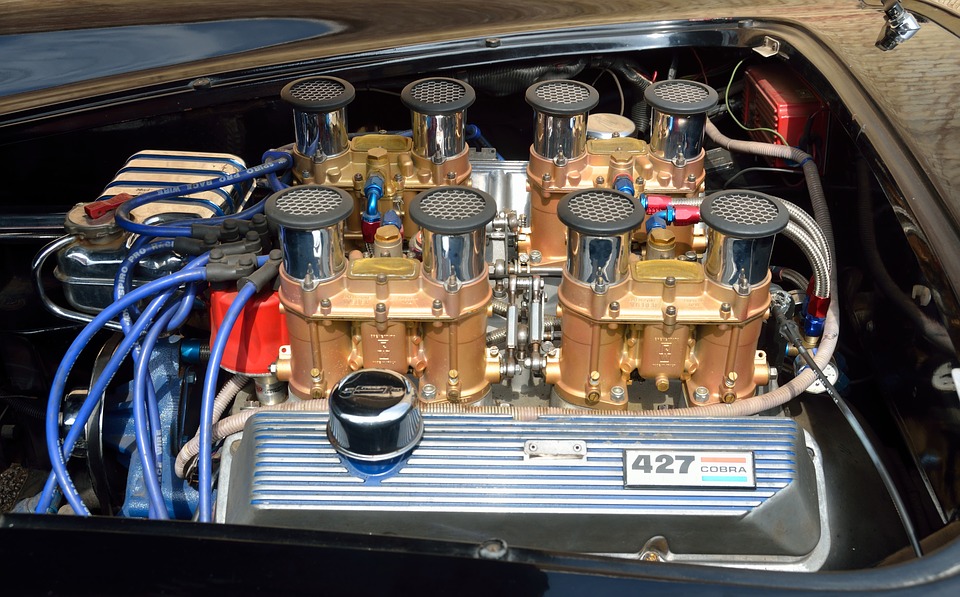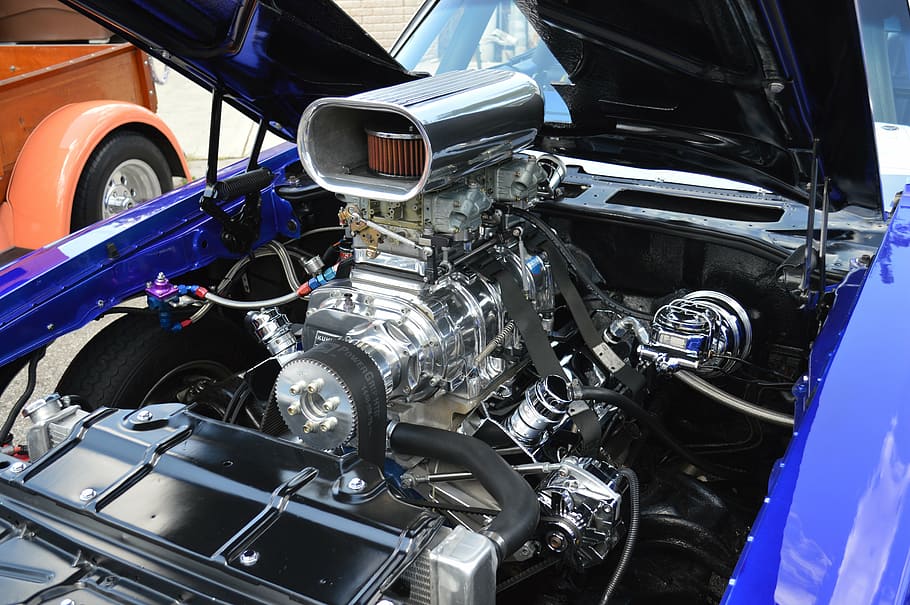Contents
– Principle of an engine change
– Why change the engine, and under what circumstances?
– Engine replacement: by a professional
– Engine replacement: at what price?
– Engine replacement: precautions and limits
Changing an engine is often necessary when your car is suffering and the planned repairs are too heavy. You can then hire a professional to restore your vehicle to its former glory. The operation is expensive but has become commonplace. On the other hand, replacing the engine and increasing your car’s power is forbidden if done without authorization from the manufacturer.
Principle of engine replacement
When the car’s components are getting sick one after the other, your mechanic may propose an “engine change.” As in medicine, this means that he will perform a transplant. With the hood open, he will implant a new engine in the car and connect it to the rest of the mechanics. Depending on your choice, it will be a used or standard model. The new ones are rarely offered because they are too expensive; it would be more advantageous for the owner to buy a new car directly than a new engine.
Note: the standard engine is a model that comes directly from the factory, which the manufacturer has reconditioned with new and certified parts guaranteed for 1 or 2 years.
Why change the engine, and under what circumstances?

Changing the entire engine block is not a trivial matter, and the operation has a high cost. However, sometimes there are no other options if:
– It is costly and challenging to repair, and critical parts are broken. For example, turbos, head gaskets, and belts are all mechanical components that are extremely expensive. A professional can offer a less expensive replacement.
– If the engine is running out of steam. When a significant breakdown is imminent, it is essential to have the engine replaced to prevent the engine from breaking down and causing problems such as towing on the highway.
Important: Changing the engine is allowed when the new one is identical. If it is a more powerful engine, it becomes a much more delicate task.
Usually, each vehicle has a certificate of conformity issued by the manufacturer to drive on public roads. If new settings contradict the information initially recorded, you must inform the local authorities, but you risk your car being declared out of service by the Department of Motor Vehicles (DMV). DMV is a state-level government agency that administers vehicle registration and driver licensing in the USA.
Engine change performed by a professional
Although some people call themselves experts, it is recommended you call in a professional garage for repairs as important as an engine change. In the event of an accident, for example, if an expert appointed by your insurance company discovers that a mechanical fault caused the accident, you risk having your contract canceled and having to pay out compensation for the damage the accident may have caused.
Good to know: the professionals of the car garages work with a schedule of conditions given by the manufacturer. Thus, they know precisely the measure to apply to your engine; they are a guarantee for your safety.
Engine change: at what price?
There is no predefined price for changing an engine since it is calculated according to certain particularities:
– What brand should the new engine be?
– Is the vehicle recent or older, i.e., are the spare parts readily available on the market?
– You want a used engine: what mileage do you accept?
To give you an estimate, here are a few points of reference using examples of specific models:
– A used engine with between 150,000 and 200,000 km on the odometer costs between $600 and $900. Add to that the labor (between 13 and 18 hours of work) and the reprogramming to reach a total of about $2,000.
– A standard engine costs between $1,500 and $2,500.
– A standard BMW engine can cost up to $4,500.
Know your rights and duties
Replacing an engine is accepted by law if it does not lead to any difference between the vehicle in its current state and its certificate of conformity. However, if you want to change your engine to modify its performance and power, it is a different matter!
Indeed, it would help if you thought first of all to:
– ask permission to the concerned authorities;
– inform your insurer.
Good to know: it is possible, once the transformation is done, to see your vehicle forbidden to circulate on the public highway!
Risks of unauthorized engine changes
Some people take the risk of having their vehicle converted without informing the appropriate authorities. This is prohibited and very risky. If it is sometimes possible that the anomalies are not detected during a simple control, know that your insurer can mandate an expert to check the state of your mechanics in the event of an accident. The latter may ask for the certificate of conformity, then discover the deception. The consequences will be immediate: your contract will be canceled, and you will have to pay for the accident.
Hope the above helps you make the right decision for your car, and don’t forget to share your experience in the comment section below.

